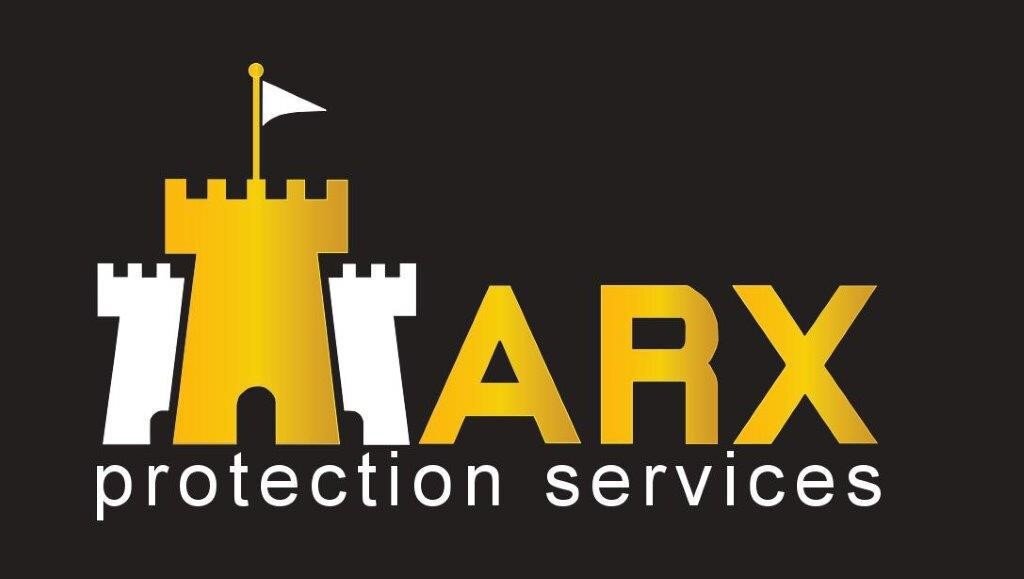
ARX News & Articles
4 Tips For Home & Business Safety And Data Security
Written by: Kayleigh Alexandra @ Amcrest Technologies
19th of September 2021
You’ve probably heard horror stories by now about massive businesses failing to adequately protect private customer information. These high-profile incidents have had one positive effect: more people than ever before know that security mustn’t be taken lightly, whether they’re trying to prevent all-important business data from being leaked, or even warding off home invaders.
Feeling concerned that you’re in a vulnerable position? Put your mind at ease by taking action.
Here are 4 tips for how you can safeguard your home and your business:
Create Strong Passwords
Despite this being something that gets mentioned over and over again, it can never be emphasized enough, because it commonly gets ignored. Don’t we all mean to have strong passwords but continue to put it off because it’s inconvenient? The problem with this is that systems are tightly connected these days (social logins are extremely common, for instance), and just one password can ultimately get someone access to a wide variety of systems.
Despite this being something that gets mentioned over and over again, it can never be emphasized enough, because it commonly gets ignored. Don’t we all mean to have strong passwords but continue to put it off because it’s inconvenient? The problem with this is that systems are tightly connected these days (social logins are extremely common, for instance), and just one password can ultimately get someone access to a wide variety of systems.
So what’s the key to having strong passwords? It’s simple enough. Don’t use simple words that mean something to you, but don’t go for long strings of random characters either. Instead, take words and string them together: for instance, keyboard+amoeba-uncle is a strong password, and it’s reasonably easy to remember. And remember to change your passwords semi-regularly. If you think it’s been too long since you changed a password, it has.
Use Secure Software
No matter how good your passwords are, your systems won’t be secure if they run on vulnerable software. For instance, if you still use a platform that was developed a decade ago and hasn’t been updated since, it’s very likely to have a variety of vulnerabilities that could easily be exploited to gain access. This is why frequent updates are so important.
So how do you know if software is secure? Well, there are various things to check. You can read up on how well it’s received by customers, hunt down some professional reviews, and check up on the listed credentials and standards adhered to (these will depend on the context — for one example, an ecommerce system should offer PCI compliance to protect payments).
And when you do have strong software up and running, keep checking the update process. Whenever an important developer patch comes along, you should have it installed as soon as possible — even the smallest delay adds to the risk.
Install Security Cameras
There are two great reasons why security cameras are worth investing in. Firstly, they’ll discourage intruders simply through being there. Secondly, should someone break in regardless, they’ll record valuable footage that can help you figure out what happened and who’s responsible for the invasion.
You might think of it as an expensive option, but it doesn’t need to be. Good security cameras range massively in price, starting out at very reasonable prices, and even the cheapest security cameras can serve as effective deterrents. Besides, when you’re trying to protect the things that matter most to you, isn’t the expense justified?
Go Completely Paperless
Suppose that someone does break into your home or office (or home office). If you have significant information left on pieces of paper or in folders, it’s easily accessible: the intruder can take it and run, then figure it out later. Imagine having your system passwords on those pieces of paper. The intruder could access all systems and do extensive damage.
Even if your security camera footage led to their eventual capture, they’d have time beforehand to leak any information they wished to. They could share the inner workings of your business with the entire world, including any customer data you had stored, and utterly ruin your reputation. Bringing them to justice wouldn’t change that.
That’s why I recommend going paperless. A paperless office is less convenient in some ways, but it should limit any intruders to stealing your material goods — goods that can be insured and consequently not lose you any money. It’s tough to get used to, but persevere. It’s worth it.
Securing your home and business doesn’t need to be a traumatic experience. With some investment and a commitment to establishing and maintaining good practices, you can cover your bases very effectively.

